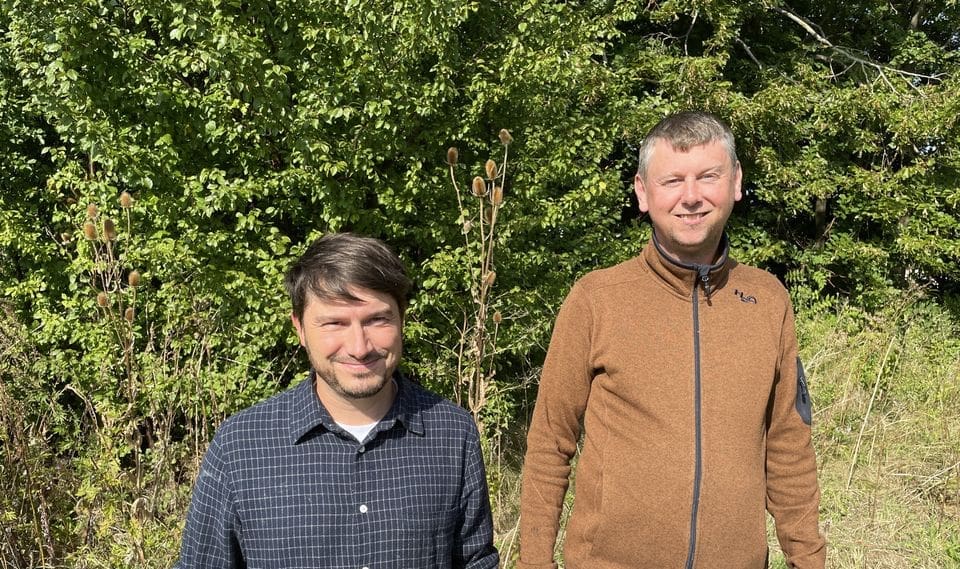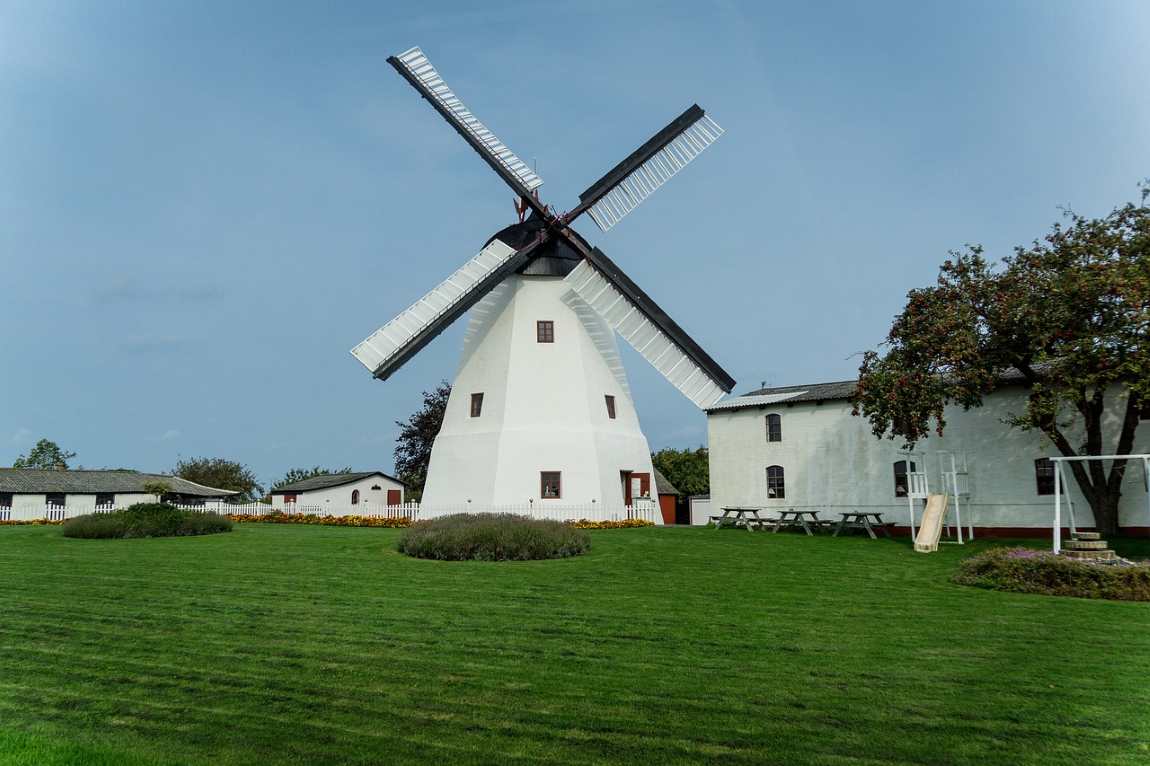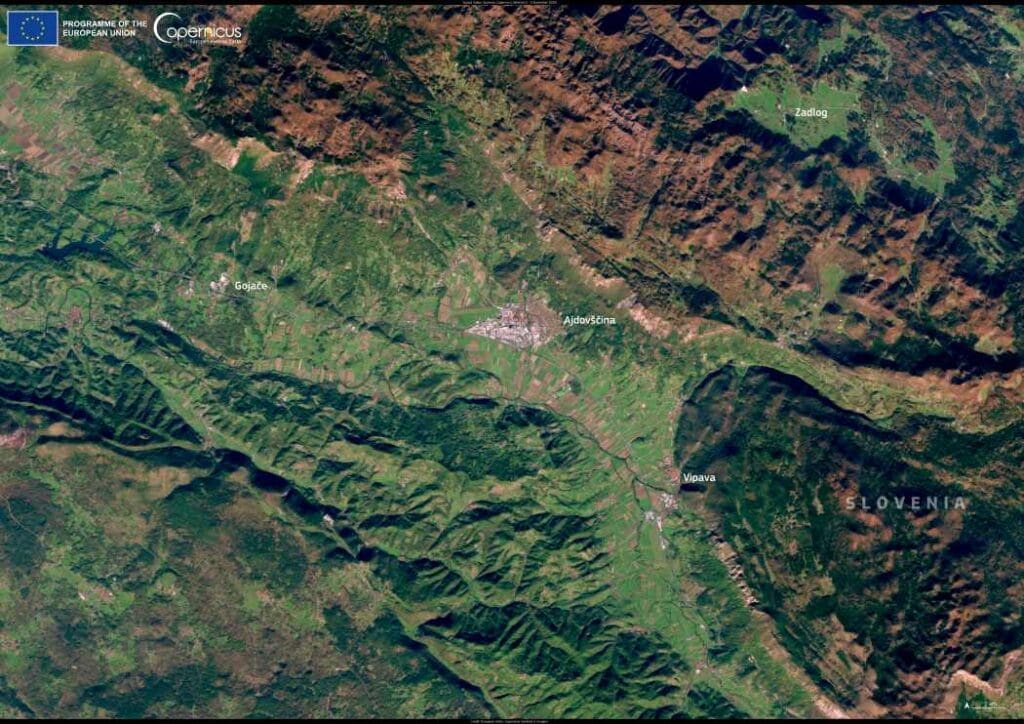Roskilde University (RUC) researchers have secured EU funding to launch an innovative shrimp farming project on the Danish island of Bornholm. With support from the European Maritime, Fisheries and Aquaculture Fund (EMFAF), researchers Per Meyer Jepsen and Simon David Herzog will lead the initiative, exploring environmentally-friendly methods to produce warm-water shrimp locally.

Unlike the typical tiger and king shrimp imported from Southeast Asia, this project aims to produce shrimp using the biofloc method, a sustainable aquaculture technique. In this closed, land-based system, shrimp are cultivated in tanks where microorganisms recycle waste, forming a natural food source. This reduces feed requirements and eliminates harmful discharges into the surrounding environment.
Jepsen emphasized the importance of this approach: “We need to produce fish and shellfish smartly, without polluting an already stressed marine environment. Biofloc is ideal for this, as it has zero emissions.”
Nexø Vodbinderi, a local fishing and aquaculture company, will host the pilot production facility.
According to Klaus Hjort Hansen of Nexø Vodbinderi, this venture aligns with Bornholm’s efforts to promote local products and create jobs: “We hope to develop new sustainable methods and strengthen Bornholm’s profile as a high-quality gastronomic destination.” A local chef will also join the project to evaluate the shrimp’s quality for culinary purposes.
With a total budget of DKK 5.4 million, funded by the EMFAF and the Danish Fisheries Agency, the project aims to position Bornholm as a leader in sustainable aquaculture. Jepsen expressed optimism for future commercial production: “Our goal is to create a model of sustainable shrimp farming that can inspire others.”
This project not only supports the island’s economy but also contributes to the EU’s broader goal of promoting green transition within the aquaculture sector.
Article Source:
Press Release/Material by Roskilde University
Featured image credit: Dorothe | Pixabay




